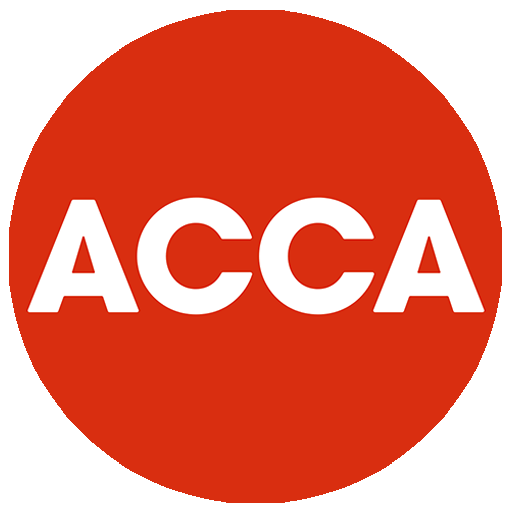
Overdrawn Directors’ Loan Accounts (DLAs)
If you are a company director or shareholder, it’s important to understand how an overdrawn loan account works and what it could mean for your business and your personal tax position.
A director’s loan account (DLA) is a record of money a director takes out of the company that isn’t salary, dividend, or expense reimbursement. It also logs money the director lends to the company. The account shows whether the company owes the director, or the director owes the company.
An overdrawn loan account arises when you, as a director, take out more from the company than you’ve put in. In simple terms, you owe the company money.
Why It Matters
HMRC sees an overdrawn loan account as a potential benefit or even disguised income. If the loan isn’t repaid within nine months of the company’s yearend, there can be serious tax consequences for both the company and the director.
Company Tax Implications
If the loan remains outstanding nine months after the accounting period ends, the company must pay what’s called a Section 455 tax. This is currently 33.75% of the outstanding loan amount. The good news is that this tax can be reclaimed once the loan is fully repaid, though it’s not immediate. Repayment can take several years, tying up company cash in the meantime.
Personal Tax Implications
If the loan exceeds £10,000 at any point in the tax year and isn’t repaid, HMRC may treat it as a benefit in kind. This means it must be declared on a P11D form and may be taxed through your personal tax return. Additionally, unless interest is charged at HMRC’s official rate, the benefit may be taxable on the difference.
Key Takeaways
- Don’t treat the company bank account like a personal one.
- Keep accurate records of all withdrawals and repayments.
- Repay loans within nine months of year end to avoid Section 455 tax.
- Speak to your accountant if your loan account is overdrawn to explore tax-efficient options.
Staying on top of your DLA can help avoid unwanted tax bills and ensure you remain compliant with HMRC rules. If in doubt, get advice sooner rather than later.









.png)


.png)


